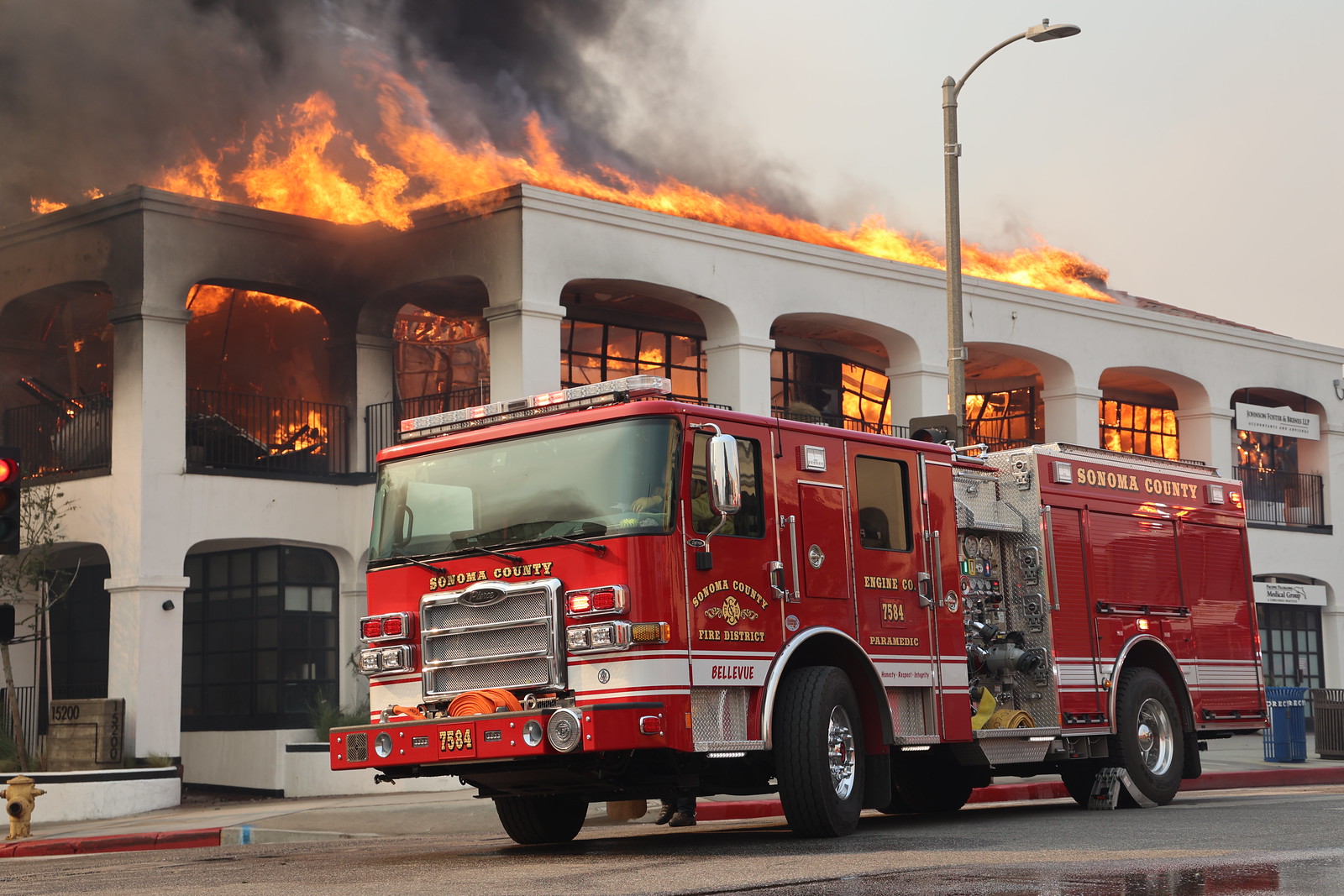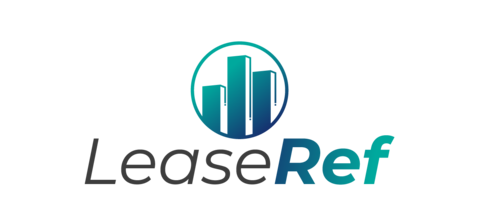What’s a Waiver of Subrogation?
Let’s keep this simple: a waiver of subrogation is a legal promise that your insurance company won’t come after the other guy if something goes wrong.
It’s one of those clauses that seems small on paper but packs a punch in real life. Especially when the building’s on fire and everyone’s scrambling.
Real-World Scenario
Here’s the situation: say there’s a fire in your retail space caused by the business next door. Your insurance covers the damages. Normally, your insurer might try to recover those costs by suing whoever caused the fire. That’s called subrogation.

But if there’s a waiver of subrogation clause in your lease, your insurer gives up that right. They eat the cost and move on. This is because you agreed ahead of time that nobody’s going to start pointing fingers.
Why This Matters in Commercial Leasing
This clause shows up in most commercial leases, usually buried in the insurance section like it’s no big deal. But here’s the thing: it can affect how your insurance policy responds, who’s on the hook for damages, and whether your relationship with the landlord goes up in smoke.
The idea behind it is simple-it keeps everyone’s insurance companies from turning a disagreement into World War III. It keeps the peace, especially in multi-tenant buildings where accidents don’t respect suite boundaries.
Do You Need a Waiver of Subrogation?
If you’re leasing commercial space, odds are the lease already includes one. Landlords want to protect themselves. But you also benefit. If the landlord’s insurer can’t sue you, you’re not suddenly on the hook for tens of thousands because of a mistake your HVAC guy made.
So yes, you probably need it. Just don’t agree to it blindly, make sure your own insurance allows for it.
Real-World Clause Example
Here’s a textbook version of what a waiver of subrogation clause might look like in your lease:
Each party hereby waives any and all rights of recovery against the other (and their respective agents, employees, and contractors) for any loss or damage covered by their property insurance, to the extent such loss or damage is covered or required to be covered under the terms of this Lease.
Looks like legal soup, right? Let’s break it down:
- “Each party” – Both landlord and tenant are agreeing.
- “Waives any and all rights of recovery” – No suing each other if insurance pays.
- “For any loss or damage covered by their property insurance” – Applies only when insurance kicks in.
- “To the extent such loss… is required to be covered” – You can’t dodge it by skipping insurance altogether.
This clause is usually tucked into the insurance or indemnification section of your lease. And while it might look like just another boring paragraph, don’t sleep on it, it has teeth.
What is a Mutual Waiver of Subrogation?
A mutual waiver means both parties are agreeing not to call their insurance companies on each other. That’s fair game.
But sometimes, leases sneak in a one-way waiver-where you waive your rights, but the landlord keeps theirs. That’s a no-go. If it’s not mutual, you should push back. You don’t want to be the only one at the party who brought chips and got sued anyway.
Common Pitfalls and Negotiation Tips
Like a lot of boilerplate language, waiver of subrogation clauses sound harmless…until they’re not. Here’s what to keep an eye on:
- Your insurance policy must allow it
Some policies prohibit waivers unless you get a special endorsement. If you agree to one without clearing it with your insurer, you could be left holding the bag when a claim gets denied. - Make sure it’s mutual
If the landlord isn’t waiving their right to subrogation, it’s not a fair deal. Don’t let the lease play favorites. - Get it on your COI
Landlords often require proof of the waiver in your Certificate of Insurance. Don’t just say “yeah, we’ve got it.” Make sure it’s listed. Your insurance broker can help with this. - Don’t assume your policy covers every scenario
Fire, flood, theft, burst pipes-waiver or not, some damages might fall into coverage gray areas. It’s worth having a quick chat with your insurance rep.
Waiver Clauses May Conflict with Your Insurance Policy
Even if your lease says “you must waive subrogation,” your insurance policy might say no. That conflict can get messy. In a worst-case scenario, you agree to a waiver that your insurer won’t honor, and when disaster strikes, you’re on your own.
Moral of the story? Don’t sign until your broker has reviewed the clause and your policy side by side.
Relevant Case Law
Waiver of subrogation clauses might sound airtight, but courts don’t always treat them that way. Whether they hold up can depend on how clearly they’re written, whether they’re mutual, and how they interact with the insurance policies in play.
Western Heritage Insurance Company v. Frances Todd, Inc.
In this 2019 California Court of Appeal case, a fire damaged a commercial property leased by Frances Todd, Inc. The landlord’s insurer, Western Heritage Insurance Company, covered the loss and then sought to recover damages from the tenant, alleging negligence.
Court’s Decision:
The court ruled in favor of the tenant, emphasizing that the lease agreement and the circumstances indicated that the landlord’s insurance policy was intended to benefit both parties. As a result, the tenant was considered an implied co-insured under the landlord’s policy. Consequently, the insurer could not pursue subrogation against the tenant.
This case shows just how important clear lease terms regarding insurance coverage are. When a lease suggests that the landlord’s insurance is intended to cover both parties, courts may prevent insurers from seeking subrogation against tenants for damages they cause.
While this case is specific to California, it shows how courts in various states may interpret waiver of subrogation clauses in commercial leases.
Your Insurance Company is the One Giving Something Up
Here’s what most tenants miss: you’re not really the one waiving anything. Your insurance carrier is.
A waiver of subrogation limits your insurer’s ability to recoup money from a third party. That’s why they care so much, and why your policy might require an endorsement before it’s valid.
So when your landlord insists on a waiver, they’re really asking your insurance company to play nice. That’s not something you want to assume is fine without checking.
If your insurer doesn’t allow it, or you forget to get it in writing, your lease could say one thing while your policy says another. And when there’s a claim, that disconnect can mean big trouble.
Final Word
It’s easy to skim past a waiver of subrogation clause when you’re knee-deep in lease language about things like rent escalations, HVAC responsibilities, and CAM charges. But this one’s sneaky. It might only be a line or two, yet it can seriously shape how insurance claims unfold.
Think of it like this: if a pipe bursts and floods your space, your insurance might cover it, but without the right waiver in place, your insurer could come back swinging at your landlord. That turns a routine claim into a full-on legal mess.
And if your insurer didn’t approve the waiver? You could be stuck between a lease that demands it and a policy that refuses it. Not exactly the kind of sandwich you want to be caught in.
So here’s the move:
- Double-check your lease clause for clear, mutual language.
- Confirm with your insurance broker that your policy allows the waiver.
- Get it in writing—preferably right on your Certificate of Insurance.
Because at the end of the day, this tiny clause is a quiet handshake between your landlord, your insurance company, and you. Make sure everyone’s actually shaking hands—and not balling up a fist.



